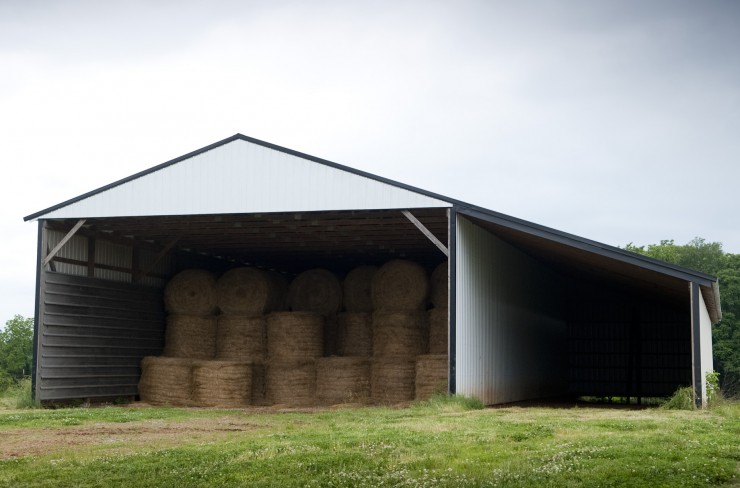Home > Tennessee > Tennessee Crops & Livestock > Ag Enhancement Program Stimulates Farms, Economy
Ag Enhancement Program Stimulates Farms, Economy
In partnership with: Tennessee Department of Agriculture

It may seem ironic that funds from tobacco, a crop that Tennessee farmers used to produce but now typically don’t, are helping farmers prosper. Since its start in 2005, the Tennessee Agricultural Enhancement Program (TAEP), funded with $5 million in tobacco settlement funds, has benefited farmers across the state, many of whom are beef producers.
“After the tobacco buyout, all the money went back into the budget to help the state,” says Justin Bryant, director of TAEP. “In 2005, it was time to do something with the extra revenue. They decided to use some of that money to start TAEP – to make a long-term investment in farming.”
Five different producer programs were set up, ranging from livestock to crop farming.
“We faced some cutbacks, but our new governor worked to get it funded to $21 million,” Bryant says.
For every dollar that the Tennessee Department of Agriculture spends through TAEP, another $3.89 is generated in the state’s economy, according to a University of Tennessee study. By mid-2012, TAEP is expected to have invested $115 million through agricultural grant and cost-share opportunities. That calculates to an estimated $447 million pumped into the state’s economy, in addition to the creation of an estimated 4,654 jobs, the study finds.
 TAEP’s primary function provides cost-share funds for long-term investments on farms with livestock or crops. An estimated $83 million will have helped fund nearly 29,000 farm projects from 2005 through mid-2012, Bryant says. Meanwhile, farmers have used their own money to pay for 50 percent to 65 percent of these projects. Farmers who commit to an education program, often through the University of Tennessee Extension, become eligible for 50 percent funding. Farmers can qualify for $1,200 to $15,000 in cost-share, depending on the program area.
TAEP’s primary function provides cost-share funds for long-term investments on farms with livestock or crops. An estimated $83 million will have helped fund nearly 29,000 farm projects from 2005 through mid-2012, Bryant says. Meanwhile, farmers have used their own money to pay for 50 percent to 65 percent of these projects. Farmers who commit to an education program, often through the University of Tennessee Extension, become eligible for 50 percent funding. Farmers can qualify for $1,200 to $15,000 in cost-share, depending on the program area.
The funding helps all types of farms: cattle, poultry, pigs, sheep, goats, corn, soybeans, small grains, fruits, vegetables, horticulture, viticulture or agritourism.
Projects range from buying access to higher quality bulls to constructing a grain storage bin. In between, farmers have built greenhouses, added special animal handling equipment and purchased feed systems.
Bryant says the program is meeting its intended purposes: increase farm profits, improve efficiency and make farms safer. Meanwhile, improved practices, income and education on farms throughout the state enhance the reputation of Tennessee agriculture.
In a recent program survey, more than 86 percent of farmers said TAEP helped them improve their farm’s efficiency, and more than 67 percent said it had increased farm profits. About 21 percent responded that they were not sure they would still be farming or indicated they would not be farming without TAEP’s help.
Joanie Stiers and Charlyn Fargo contributed to this article.



